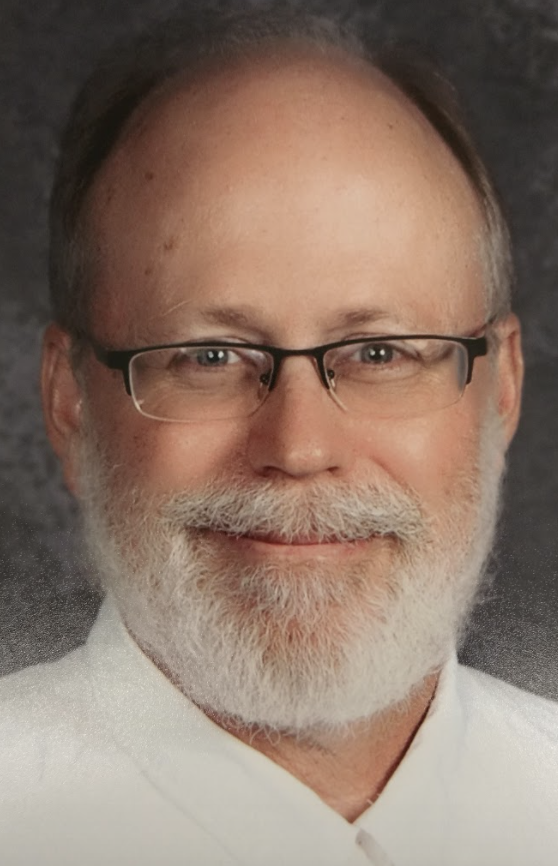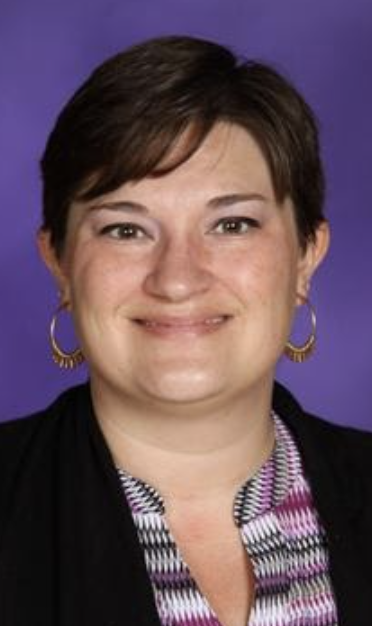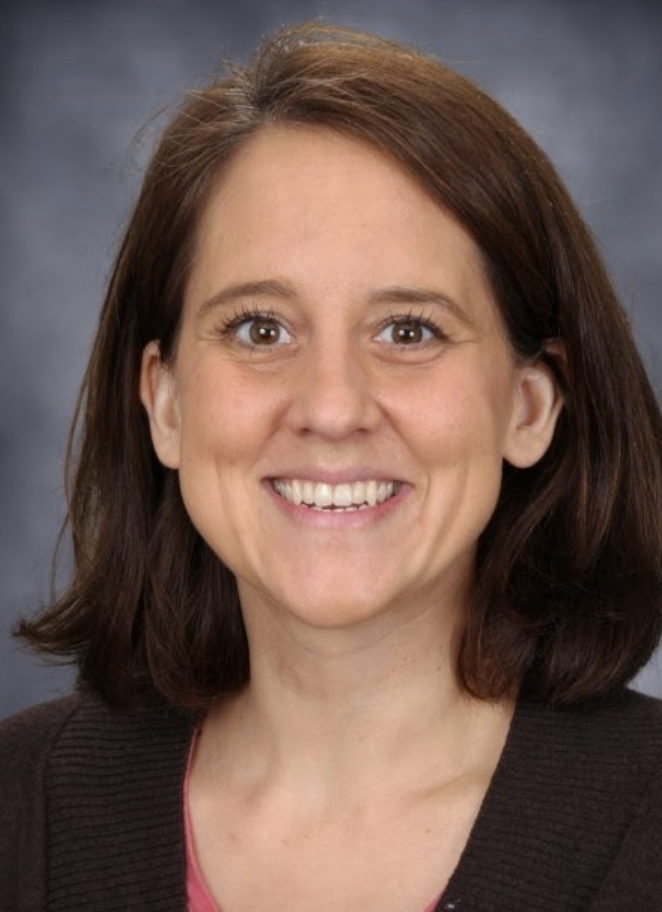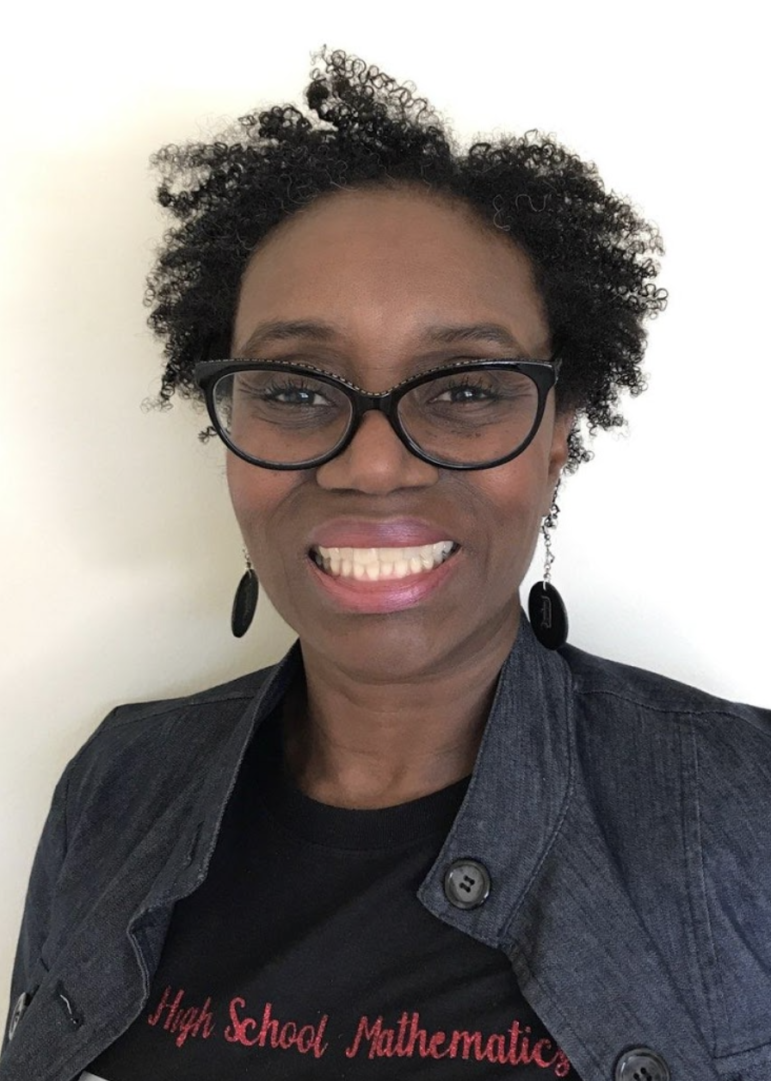Michigan Schools Superintendent Michael Rice has floated the idea that, to help students catch up on instruction lost during the COVOD-19 pandemic, the 2021-2022 school year be extended.
Here, award-winning teachers from throughout Michigan react to or propose ideas for that suggestion.
Jeremy Winsor, Fulton Middle School and High School, science teacher, MDE 2020 Region 4 Educator of the Year, 2020 Michigan Farm Bureau Educator of the Year
“I am currently teaching face-to-face students, asynchronous students, and synchronous students, and I’m fairly confident that teachers in small rural schools all over our state have adapted to a similar teaching environment, so I will say we are working exceedingly hard to support our community with a variety of options based on their comfort levels.
“To put it bluntly, it is exhausting. A continuation of the school year may have benefits for some students, but I hope that Dr. Rice is also considering the effects on teachers teaching those students. There is going to need to be a time where we are able to assess our work, process the effectiveness, realign goals and objectives, assess best practices, and move forward with changes.
“Another thing to consider when extending the school year is that teachers don’t stop work during the summer … I work various construction jobs, pick up professional development opportunities that offer stipends, and also direct professional development for other teachers. So, elongating the school year will change those compensation options.
“I hope that if plans are made to elongate the school year, teacher compensation is considered.”
— Anna Mizerowski

Douglas Duncan, Prairie Ridge and Indian Prairie Elementary Schools in Kalamazoo, art teacher, 2019 Regional Teacher of the Year
“I do feel like there have been kids who have been left behind for a lot of reasons. And, honestly, the economic reason is a huge one, like if your parents are gone during the day you are less likely to get on and do remote schooling so they are already falling behind.
“I will say that teachers, frankly, have not had any time off because this year has been a steep learning curve for everyone. We have all had to learn how to do school differently and so I do want to echo what my colleagues are saying, which is students are learning.”
— Anna Mizerowski
Rick Joseph, Birmingham schools, 5-6th grade, language arts and social studies, Michigan Teacher of the Year 2015-2016
“I really respect Dr. Rice and I understand he is under political pressure to address the issue of learning loss. I do not agree that we should expand the school year. I don’t think the learning loss issue is as significant as it’s made out to be. Students are learning in ways that are not necessarily traditional and the idea that we’re going to remediate that by giving students longer time in school isn’t valid.
“Give districts the opportunity to offer extended days and time and determine locally if they’d like to offer enrichment opportunities and let the families decide. I think the notion that this is a loss is overblown and we do not need to extend the school year.”
— Casey Mossholder
Bobbiesue Adams, assistant principal and intervention specialist at Kreeger Elementary, former mathematics and physical science teacher at Fowlerville Junior High School where she was a finalist for the 2018-2019 Teacher of the Year award for Region 8. She has two kids in primary school.

“It’s been a really stressful year for educators in general. I mean, they’re wearing so many hats right now. … They need a break.
“I guess in terms of an extended school year, there’s always students that would benefit from an extended school year. They don’t, they won’t experience as much of the summer slide.
“Educationally, yes it’s wonderful, it’s a great idea, but practicality, I don’t know.”
— Joseph Dungerow
Wendy Tenney, Lowell High School, past orchestra teacher for sophomores, 2018-2019 Michigan Teacher of the Year Region 3
“I’m a firm believer in the benefit to all humans of the idea of a calendar sequence that we can go through in … the seasons … in our lives. I think it’s really important for us to get the right amount of sleep every day, to have the right amount of work, to other life balance in a day.. I think it’s also important within a week and also important within a year.
“While year-round schooling has worked for some people … I’m a firm believer in students having the opportunity to have a longer summer vacation so that they have time to develop … the other parts of life that aren’t attempted to during a school day … to have time with their family, with their siblings, with their community, outside of their grade level and their curriculum.
“I think that adding to the school here at a time when so much of community has been lost and degraded and so much of our humanity has been isolated and is struggling … I think it’s the wrong move for kids. I think it’s the wrong move for families who have had extra time together through the pandemic … to suddenly thrust those kids into the classroom more and away from their family less next year … I think it’s the wrong move.”
—Myesha Johnson

Erin Carlson, teaches 11th grade English, seventh and eighth grade STEM, seventh grade enrichment and an online reading class for grades 9-12 at Sandusky Community Schools. Region 5 Teacher of the Year 2020-2021. She has three kids in school.
“It’s a great idea to give kids extra help, but I (don’t know about) just tacking on five days without really providing specifics to the groups of kids that really need the extra help, and just saying ‘no, you’re all going to do five extra days’ without a lot of guidance. And the big thing is without any finances, um, to do those things and those types of programs is really frustrating.
“I don’t think every student is behind, I really don’t. I feel like the assessments that I’ve done locally within my classes are sitting … right where they would have been last year … if we hadn’t had the pandemic.”
— Joseph Dungerow
Melanie Dever, Mill Creek Middle School, Dexter Community Schools, eighth grade math teacher, Michigan Teacher of the Year 2014-2015 finalist
“So, what I’d really love to see is a focus not on time as the variable but on learning as the variable. We know, you know, some kids only need to spend a short amount of time in the classroom to get the learning you want and some kids need longer in that same class with the same instruction to get the learning.
“So, I think sort of saying that time is the variable by which we measure learning is not really a good idea. What I’d like to see is targeted intervention focused on specific areas where we’ve identified the kids that have missed the learning as opposed to simply missing the time.”
— Maggie Livingston
Shantel VanderGalien, Wyoming Junior High School, English Language Arts, 2020-2021 Region 3 Teacher of the Year
“I think having the freedom to be able to see [if] that would work for our students, would that work for our families. Knowing the communities that we serve is important and [if] that would be beneficial. I definitely think that is one thing that can happen.
“I think having options to meet … students’ needs is always a good idea.
“I think that increasing school funding and reducing elementary class sizes are great ideas, as well. It is a complex issue that will need a complex solution.”
— Madelyn Darbonne
Stephanie Mellendorf, Oaktree Elementary School, third grade, Michigan Lottery Excellence in Education award winner the week of Nov. 2, 2020
“I understand the philosophy behind it. I am not convinced that’s the way to go for several reasons. If that was an option for people, I think there would need to be some qualifications for schools that have gone back already because those kids would be in school a lot longer.
“I think that we are assuming that more time in school is going to lead to better production, and when you’re having your kids in school in … un-airconditioned buildings in June and July that’s not conducive to good learning. If they want to really do something to bridge that gap, they would be better to target kids that are struggling and provide better instruction for them during the school year or have those students come in and work.
“There are going to be some learning gaps, but I think that extending the school year is not necessarily the way to go.”
— Madelyn Darbonne
Marsha Reid, Novi High School, special education, Michigan Lottery Excellence in Education award winner week of Jan. 12, 2021; now in the running for Educator of the Year
“I understand what he (Michael Rice) is saying in terms of kids need to catch up, but we’re in a global pandemic.
“There’s been tons of data that talks about restructuring how systemically we do school to where it’d be like a six weeks on, two weeks off … and I feel like that’s sometimes a push to go into year-round schooling, I feel like there’s going to be a lot of push back.”
“Could it be beneficial? Sure, depending on how it’s delivered.”
— Madelyn Darbonne
Dr. Gina Pepin, Lemmer Elementary School, elementary reading teacher, Region 1: Upper Peninsula, Michigan Teacher of the Year 2018-19
“Every week we have three to five or more students coming and going, between online options, or homeschooling, or coming from other states. I think if you extend the school year, we already have such a significant gap of students attending consistently … I really feel like it’s going to drive that wedge even further.
“I don’t see the funding there to support an extra 20-30 days. If the structural and financial things can support something like that, again, I still think there are many things we can do to the system we already have and make the school day much more targeted.”
— Leah Ritchie
Chelsee Schram, Laingsburg Elementary School, second grade teacher, Region 6 Michigan Teacher of the Year 2020-2021
“I took his [Dr. Michael Rice] message that it was not necessarily extending the school year for every child. It’s going to be a local decision and an assessment based decision on kids who actually need some extra time. So, if that’s the case, I can get behind that.
“So, if we’re really targeting the kids that need some small-group time and a little bit of extra attention from me, I can get totally behind that. If the choice is to add five days to the end of the school year I’m not sure how beneficial that would be to all students. ”
— Janelle James

Janine Scott, Davis Aerospace Technical High School, Detroit, Region 10 Michigan Teacher of the Year 2020-2021, 11th grade math teacher
“Depends on how many days longer. If it’s three days longer, it’s not gonna help. If it’s five days longer, probably not gonna help. If it’s the whole summer, it would probably help, if we could get kids to come. That one is such a ‘depends,’ you know, there’s learning loss, but not really, because, what are we talking about when we talk about learning loss? According to whom?”
— Carter Landis
Tracy Horodyski, Baldwin Street Middle School, Assistant Principal, 2016-2017 Teacher of the Year at Zinser Elementary School at Kenowa Hills Public Schools.
“What I can I say right now is I know that this has been such a challenging thing no matter what circumstances people are in whether it is full remote, hybrid, even completely in-person, but you had a number of students who have been out for an extended period of time where you try to balance remote and in-person learning, and all of the new things people have had to learn and the challenges–people have been stretched very thin and it’s been very emotionally taxing.
“More than anything, what I would say is needed is social emotional support. That is absolutely part of what we can integrate into the learning environment, through instruction.
“Trying to help meet kids where they are right now, emotionally first, has to take place before they engage in the learning. Adding more time does not necessarily mean that it will solve everything.”
— Olivia Mazzola
Judith Nixon, Michigan Virtual Japanese and ELA, 2016 Michigan Online Virtual Teacher of the Year
“I guess I want to know why are you adding days, because I can tell you that a lot of the kids that I had in my online classes this first semester, probably learned as much or more than they would have if they had been in a face-to-face class.
“Online learning can be very effective. I keep hearing, ‘students are falling behind,’ you need to define what are they falling behind. If seniors can get into a university have they fallen behind? If they are a 9th grader and haven’t read “Romeo and Juliet” have they fallen behind?
“Now, elementary, If you’ve got a 5-year-old who was supposed to read this year and hasn’t learned to read then, yes, he has fallen behind, but that doesn’t mean that he can’t read next year and just be as successful.
“I have to see some really good evidence on what lengthening the school day or the school year – what benefits it would have.”
— Olivia Mazzola
Luke Wilcox, East Kentwood High School, Math, Michigan Teacher of the Year 2017-2018.
“I am open to this idea, as long as teachers/administrators were compensated appropriately. Another option that should be considered is specific resources for struggling students.”
— Dina Kaur